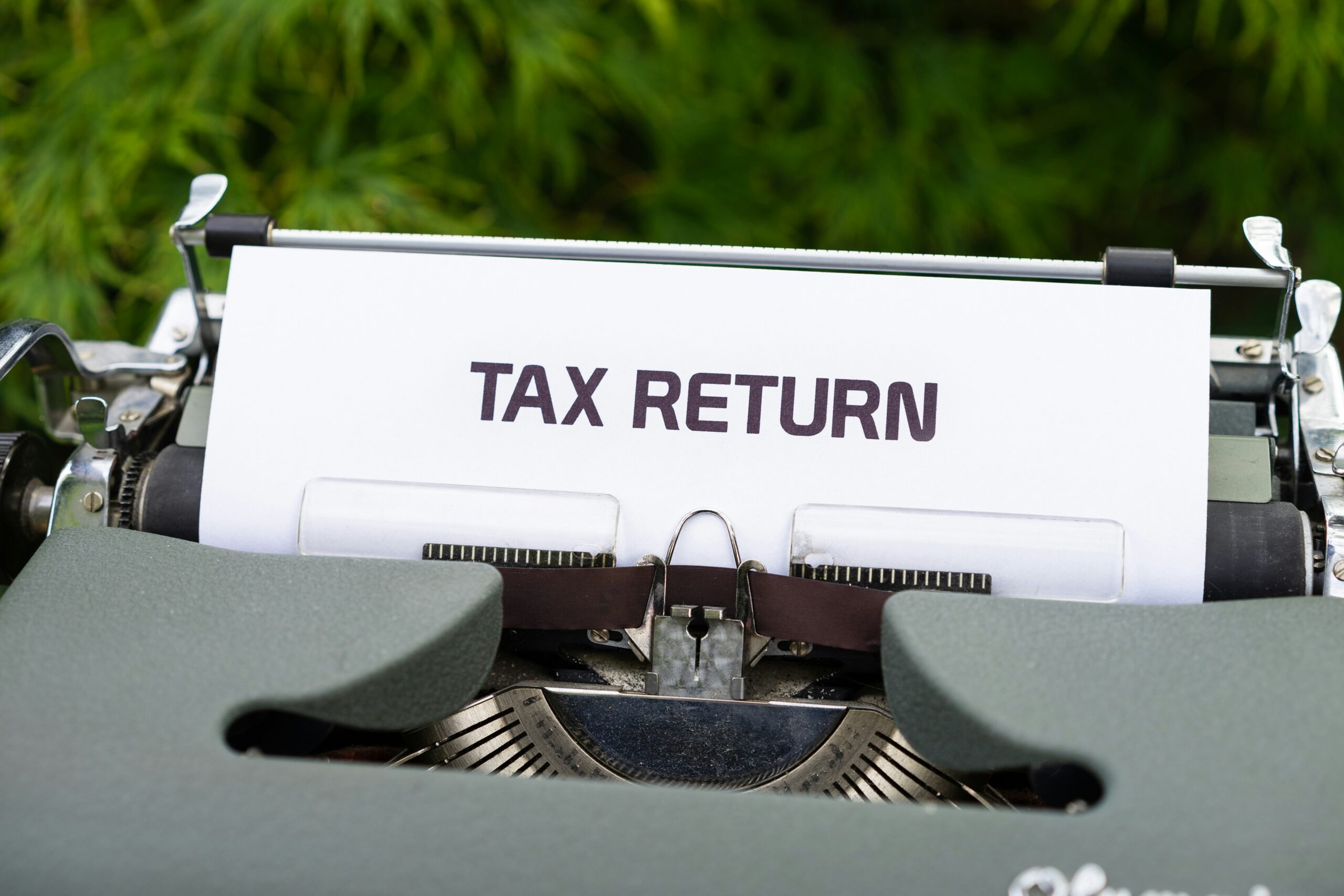A tax is a mandatory financial levy or another type of levy levied on a taxpayer (individual or other legal entity) by a government organization to finance various government expenditures. In Kenya, the Kenya Revenue Authority (KRA) is responsible for assessing, collecting, and recording all revenues owed to the government. Typically, the taxpayer bears two forms of taxes; direct tax and indirect tax. A direct tax, such as income tax, is levied on the income or profits of the person who pays it. On the other hand, an indirect tax arises on the purchase of goods or services.

1. Income tax
Income tax is a direct tax levied on all income of a person, whether resident or non-resident, that is assessed or received from Kenya.
Income tax is imposed:
- Business income from any profession or profession
- Labor income
- Rental income
- Income from investments
- Income from services rendered among others
- Pensions among others
There are various methods of collecting income tax from companies and partnerships based on their source of income.
Income tax
This is a form of income tax that is levied on legal entities such as limited liability companies, trusts, and cooperatives on their annual income. Companies that are based outside Kenya but operate in Kenya or have a subsidiary in Kenya pay income tax only on income earned in Kenya. The tax rate for resident companies is 30% and 37.5% for non-resident corporations on all taxable profits.
2. Rent / Residential Income Tax
This is a tax levied on rental income earned from renting out real estate. Taxation of rental income depends on how the rented property has been used for residential or commercial purposes. Companies and partnerships that rent out the property to others for residential or commercial use are required to pay income tax on the rent received. To facilitate compliance, the KRA appoints agents to withhold and pay a percentage of gross rent as tax. These agents can be verified using the iTax Agent Verifier.
According to the 2015 Finance Act, the tax payable on accrued income from residential real estate in Kenya is set at a maximum level of Kesh 10 million per year of income. The rate is 10% of the total monthly gross rent paid on or before the 20th of each month.
3. Value Added Tax (VAT)
Value-added tax is levied on the supply of taxable goods or services produced or provided in Kenya, as well as on the import of taxable goods or services into Kenya. While companies and partnerships can voluntarily register as a VAT payers, they MUST register if their annual income exceeds Ksh 5,000,000. To ensure compliance, KRA appoints agents to withhold and pay VAT on shipments made. These agents can be verified using the iTax Agent Verifier.
VAT is applied as follows;
16% – for all taxable goods and services
0% – for certain groups of goods and services
4. Excise duty
Companies and partnerships dealing with excise goods and services are required to pay excise tax. The list and types of excisable goods and services are listed in List 5th, read in conjunction with Section 117 (1) (d) of the Customs and Excise Act, CAP 472 Laws of Kenya. They include:
- Mineral water
- Juices, soft drinks
- Cosmetics and preparations for use on hair
- Other malt beer
- Opaque beer
- Mobile cellular services
- Money transfer fee
5. Capital Gains Tax (CGT)
This is a form of income tax that is levied on the net profit a business earns after the sale of land or a building.
6. Agency Revenue
This is the type of payment that the KRA collects on behalf of various collection agencies in Kenya.
The two types of agency income include;
- Stamp duty
- Pool rates and tax
Stamp duty
Stamp duty is a tax levied on the transfer of property, stock, and shares. It is collected by the Ministry of Lands, which has transferred this function to the Kenya Revenue Authority (KRA).
Pool rates and tax
This is a tax levied on winnings from bets, games, and lotteries. Bookmakers, gambling, and lottery companies must withhold as tax and pay KRA a percentage of the winnings paid to the winners.
7. Customs duty
Customs duty is a tariff or tax levied on goods moving across international borders. The KRA levies this tax when goods are imported or exported from Kenya. Kenya applies tariffs based on the International Harmonized System (HS) of Product Classification and applies the tariffs and tariffs of the East African Community Common External Tariff (EAC). Rates vary from one item to the next. For import-import, an import declaration fee of 2.25% of the value, insurance, and freight is charged. The customs department will then report the duty payable. Typically, customs duty is charged at a rate of 0% to 100%, with an average rate of 25%. Imports to Kenya are subjected to the standard VAT rate of 16% on the CIF value, duty, and other relevant taxes.
8. Property tax
This is a tax levied by land or land improvements (buildings) by the respective county government. It was tied to the value of the property and its location. This varies from one county to the next.
9. Entertainment tax
This type of tax applies, for example, to recreational activities; tickets for a concert, or holding an event in a theater or studio.




